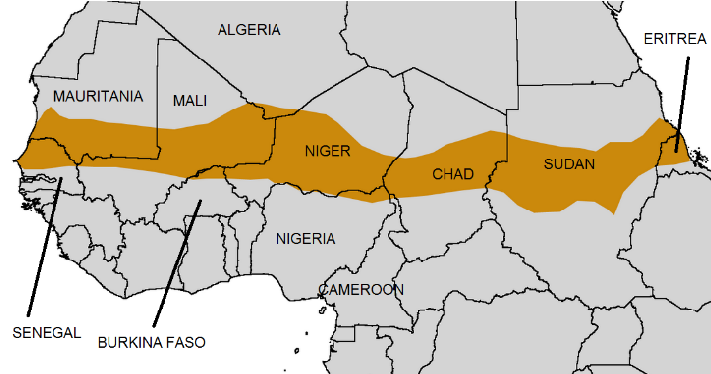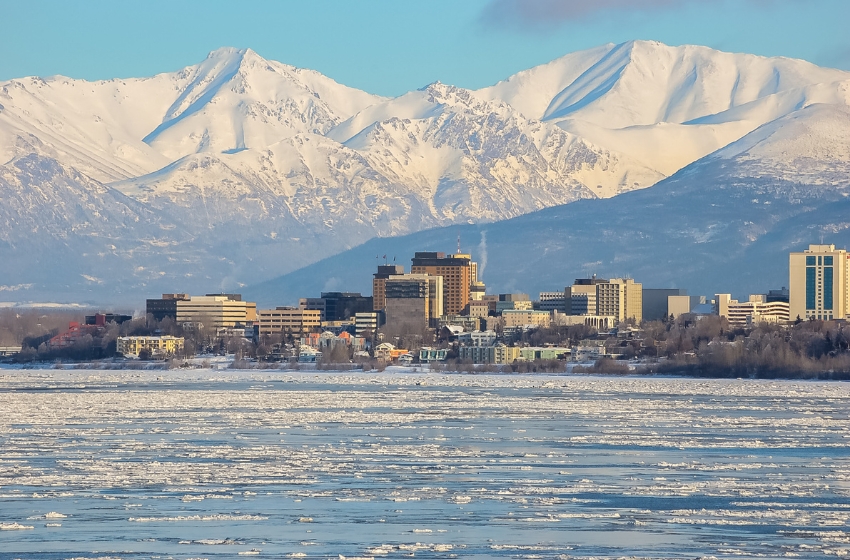Russia is strengthening its influence in the Sahel countries by combining military cooperation with access to the region’s key natural resources. In July 2024, Burkina Faso, Mali, and Niger created the Alliance of Sahel States (ASS), also referred to as the Confederation of Sahel States, which became an instrument of mutual defense and political coordination. After withdrawing from the Economic Community of West African States (ECOWAS) in early 2025, these regimes distanced themselves from the West and reoriented toward Russia, as reported by RLI.
In April 2025, the foreign ministers of the three countries visited Moscow to discuss military cooperation, including training personnel and creating joint armed forces. By August, the defense ministers of the ASS held their first official military consultations with Russian Defense Minister Andrei Belousov. The visit concluded with the signing of a memorandum of understanding on defense and confirmation of Russia’s readiness to provide assistance for regional stability.
Russia is betting on formalizing its partnership with the ASS and advancing its model of “security in exchange for resources.” Against the backdrop of weakening Western influence, Moscow positions itself as the new main partner of these states. Russian support helps legitimize the joint force of 5,000 troops intended to combat jihadist threats. At the same time, Russia is entrenching its military presence through the expansion of the African Corps and bilateral agreements.

Experience in Mali and the Central African Republic shows that Russian military assistance is usually accompanied by access to strategic resources. In Mali, Russia-linked entities received concessions for gold mining, while in the CAR, companies close to Moscow were granted rights to extract gold and diamonds. In the Sahel, a similar scheme may cover Niger’s uranium and Mali and Burkina Faso’s gold. Military agreements may contain hidden clauses on economic cooperation, with Russian units guarding mines and transport corridors—effectively giving Moscow control over resource flows.
Niger’s uranium is of particular importance to Russia, as it could become an alternative source for Rosatom and strengthen Moscow’s position in the nuclear sector. However, this poses risks for the Sahel countries. Russia’s growing control over extraction may lead to a loss of economic sovereignty, long-term opaque deals, and social unrest. Niger has already seen crises at uranium mining sites, triggering protests by workers and local residents. In Mali and Burkina Faso, government crackdowns on artisanal miners have led to clashes and fueled rebel recruitment.
Jihadist groups are actively exploiting local discontent, taxing miners and convoys. As a result, the protection of resource sites has become a flashpoint of tension. Increasingly, locals perceive the Russian presence as exploitative: resources are being extracted and exported, while the population faces repression and worsening living conditions.
Russia lacks the resources to fully secure all mining sites in the Sahel and therefore focuses on the most valuable ones—uranium mines in Niger and industrial gold mines. This allows Moscow to strengthen its economic and military influence but does not guarantee stability in the region. For the ASS countries, this strategy means growing dependence on an external partner and the risk of being drawn into new crises.
Thus, Russia’s strategy in the Sahel comes down to controlling key resources in exchange for security, which strengthens Moscow’s position but at the same time undermines the sovereignty and stability of the region, experts at the Robert Lansing Institute note.




















